
17 Foods That Increase Magnesium And Prevent High Blood Pressure, Blood Clots And Muscle Fatigue
Most of us understand how crucial it is to get enough calcium, vitamin C, and protein in our diets. But when it comes to other vital minerals, we often overlook one that plays an equally important — if not more essential — role in our overall health: magnesium.
In recent years, magnesium has finally started gaining more attention from doctors and nutritionists. Yet, despite its importance, up to 80% of Americans are estimated to have inadequate magnesium levels, according to several studies — a statistic that should raise serious concern.
What Exactly Is Magnesium Deficiency?
Magnesium is a macromineral, meaning your body needs it in relatively large amounts. The average adult has around 25 grams of magnesium, with roughly half stored in the bones and only about 1% circulating in the blood. Despite that small percentage, magnesium affects nearly every system in your body.
Researchers have found that magnesium is involved in more than 300 biochemical reactions that keep your organs and cells functioning properly. Without enough of it, your muscles, nerves, and even your heart can’t work as efficiently as they should.
Why Your Body Needs Magnesium
This powerful mineral supports dozens of essential biological processes, including:
-
Proper transportation and utilization of calcium, silica, vitamin D, vitamin K, and other minerals
-
Muscle and nerve activation, allowing your body to move and respond properly
-
Energy production, since magnesium is required for converting food into usable energy
-
Detoxification, helping your liver and kidneys remove toxins
-
Digestive support, assisting in the breakdown of proteins, carbohydrates, and fats
-
Genetic function, acting as a building block for RNA and DNA
-
Neurotransmitter regulation, especially serotonin, which stabilizes mood and promotes better sleep
In short, magnesium is at the heart of everything from maintaining steady energy levels to managing stress, keeping your bones strong, and supporting cardiovascular health.
Early Warning Signs of Magnesium Deficiency
Because magnesium plays so many roles in the body, its deficiency can appear in different ways. Some symptoms may seem minor at first but can worsen over time.
Common early signs include:
-
Loss of appetite
-
Nausea or vomiting
-
Fatigue, weakness, or general sluggishness
-
Numbness or tingling sensations
-
Muscle twitches, cramps, or spasms
-
Seizures in severe cases
-
Personality or mood changes such as irritability or anxiety
-
Abnormal heart rhythms or coronary spasms
-
High blood pressure and poor circulation
-
Increased risk of blood clots
Many people don’t realize these symptoms can be tied to low magnesium, especially since they overlap with other conditions. That’s why routine blood tests and dietary evaluations are so important.
Why Magnesium Deficiency Is So Common
Modern agriculture plays a surprisingly large role in this widespread problem. Intensive farming practices, which rely heavily on chemical fertilizers, pesticides, and insecticides, have depleted minerals in the soil over the decades. As a result, even healthy fruits and vegetables today often contain less magnesium than they did 50 years ago.
Additionally, certain medical conditions — such as digestive disorders, diabetes, or kidney disease — can make it harder for your body to absorb or retain magnesium. Excess alcohol consumption, frequent use of diuretics, and even aging can also contribute to lower levels.
How Chronic Stress Depletes Magnesium
The relationship between magnesium and stress forms a vicious cycle. Chronic stress increases your body’s production of adrenaline and cortisol, hormones that burn through magnesium stores quickly. When magnesium levels drop, your body becomes even more reactive to stress — creating a self-perpetuating loop.
Dr. Leo Galland, MD, explains it clearly:
“The more stressed you are, the greater the loss of magnesium. The lower your magnesium level to begin with, the more reactive to stress you become… Administering magnesium as a nutritional supplement breaks this cycle by buffering the response to stress and building your resistance.”
In other words, maintaining healthy magnesium levels not only supports physical health but also strengthens emotional resilience.
Who Is Most at Risk?
Certain factors increase the likelihood of magnesium deficiency, including:
-
Chronic kidney disease
-
Digestive disorders like Crohn’s or celiac disease
-
Parathyroid issues that affect mineral balance
-
Long-term use of certain antibiotics or diabetes medications
-
Old age, which reduces absorption efficiency
-
Heavy alcohol use or frequent caffeine intake
If any of these apply to you, you may need to pay special attention to your magnesium intake.
How to Get More Magnesium
1. Choose the Right Supplement
Not all magnesium supplements are created equal. Some forms are absorbed better than others. Research suggests that magnesium citrate, lactate, aspartate, and chloride are more bioavailable than magnesium oxide or sulfate.
Before starting any supplement, speak with your doctor to determine the right dose and ensure proper balance with calcium, vitamin D3, and vitamin K2 — nutrients that work synergistically with magnesium to support bone, heart, and metabolic health.
2. Know Your Daily Requirements
Here’s what the National Institutes of Health (NIH) recommends for magnesium intake:
| Age | Male | Female | Pregnancy | Lactation |
|---|---|---|---|---|
| Birth–6 months | 30 mg* | 30 mg* | — | — |
| 7–12 months | 75 mg* | 75 mg* | — | — |
| 1–3 years | 80 mg | 80 mg | — | — |
| 4–8 years | 130 mg | 130 mg | — | — |
| 9–13 years | 240 mg | 240 mg | — | — |
| 14–18 years | 410 mg | 360 mg | 400 mg | 360 mg |
| 19–30 years | 400 mg | 310 mg | 350 mg | 310 mg |
| 31–50 years | 420 mg | 320 mg | 360 mg | 320 mg |
| 51+ years | 420 mg | 320 mg | — | — |
*Adequate Intake (AI)
3. Try Topical Magnesium
If you prefer not to take pills, you can absorb magnesium through your skin. Regular Epsom salt baths or foot soaks are an excellent way to replenish your levels. Alternatively, you can use magnesium oil sprays or lotions for daily topical application.
4. Focus on Magnesium-Rich Foods
Food is still the most natural and sustainable way to get more magnesium. Incorporate a wide variety of whole, unprocessed foods, such as:
-
Cashew nuts – 1 ounce = 20% of daily value (DV)
-
Almonds – 1 ounce = 19% DV
-
Avocados – 1 medium fruit = 15% DV
-
Beet greens (boiled) – 1 cup = 24% DV
-
Lentils (cooked) – 1 cup = 18% DV
-
Dark chocolate (70–85%) – 1 bar = up to 58% DV
-
Dried figs – 1 cup = 25% DV
-
Okra (boiled) – 1 cup = 14% DV
-
Pumpkin or squash seeds (roasted) – 1 ounce = 19% DV
-
Butternut squash – 1 cup = 11% DV
-
Brown rice – 1 cup = 21% DV
-
Spinach (cooked) – 1 cup = 39% DV
-
Kale (raw) – 1 cup = 8% DV
-
Turnip greens (boiled) – 1 cup = 8% DV
-
Bok choy (shredded) – 1 cup = 5% DV
-
Swiss chard (raw) – 1 cup = 7% DV
-
Bananas – 1 medium = 15% DV
For best results, combine these foods with sources of vitamin D and healthy fats to enhance absorption.
The Bottom Line
Magnesium might not get as much attention as other nutrients, but it is one of the most powerful and multifunctional minerals your body depends on. A deficiency can affect everything — from muscle performance and sleep to heart health and mental well-being.
By managing stress, improving your diet, and supplementing wisely when needed, you can restore optimal magnesium levels and feel the difference in your energy, mood, and overall health.
News in the same category


Top 5 Nutrients to Reduce Swelling in Feet and Legs

If you sleep with socks on, see what happens
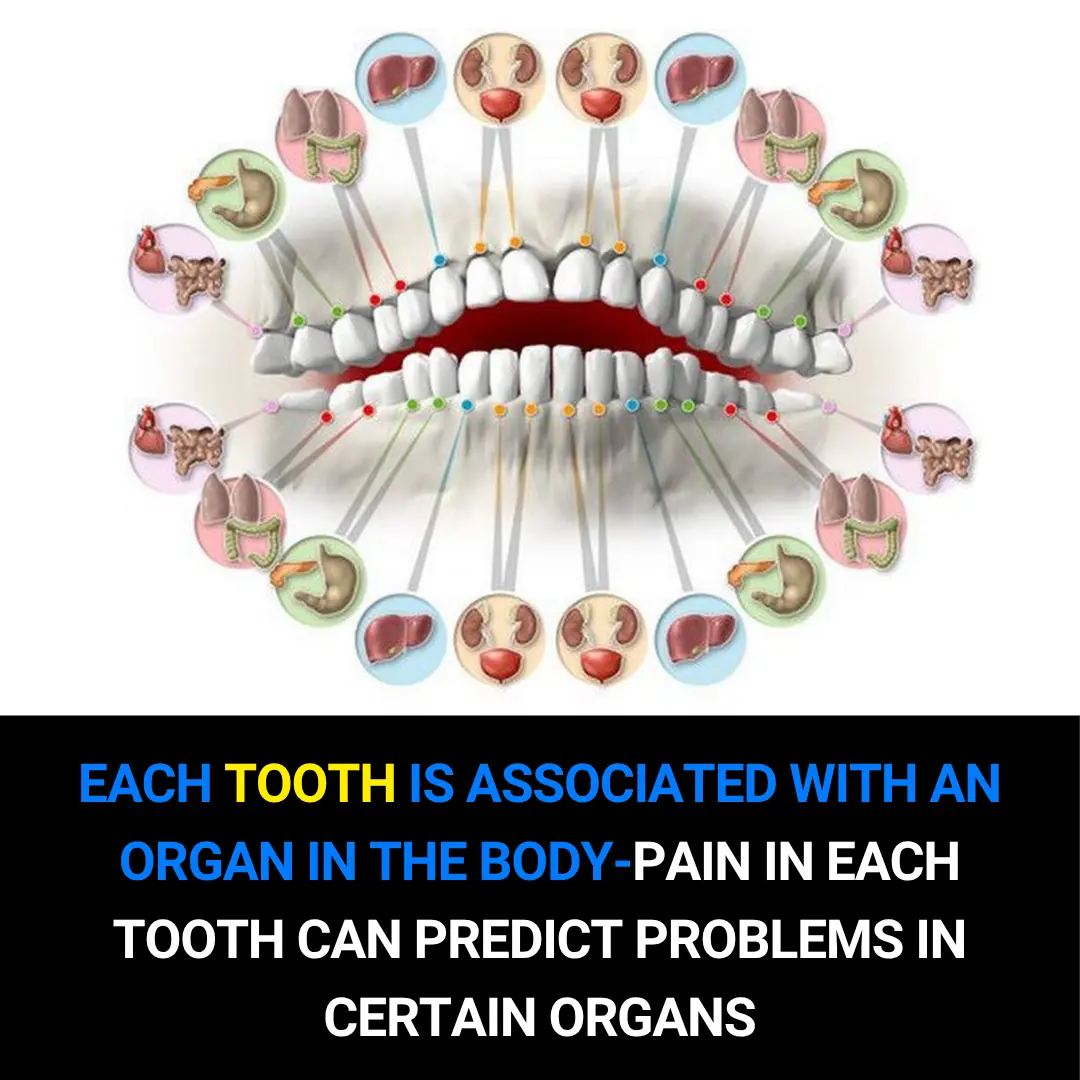
Each Tooth Is Connected to an Organ in the Body – How Tooth Pain May Reveal Hidden Health Problems
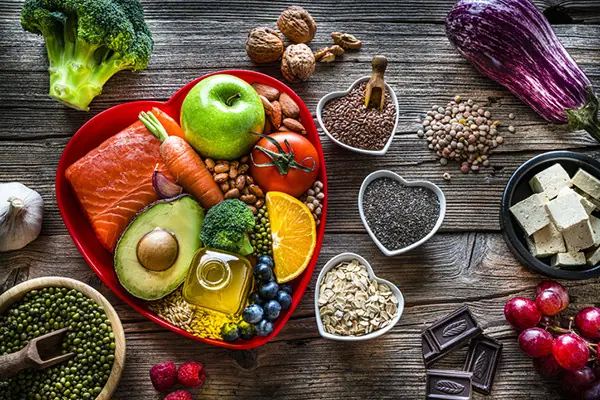
7 Heart-Healing Foods Your Cardiologist Won’t Tell You About

What Happens When You Eat 3 Whole Eggs Every Day…You’ll Be Surprised What It Does To Your Body!

This Is What Happens To Your Body The Day You Stop Eating Bread
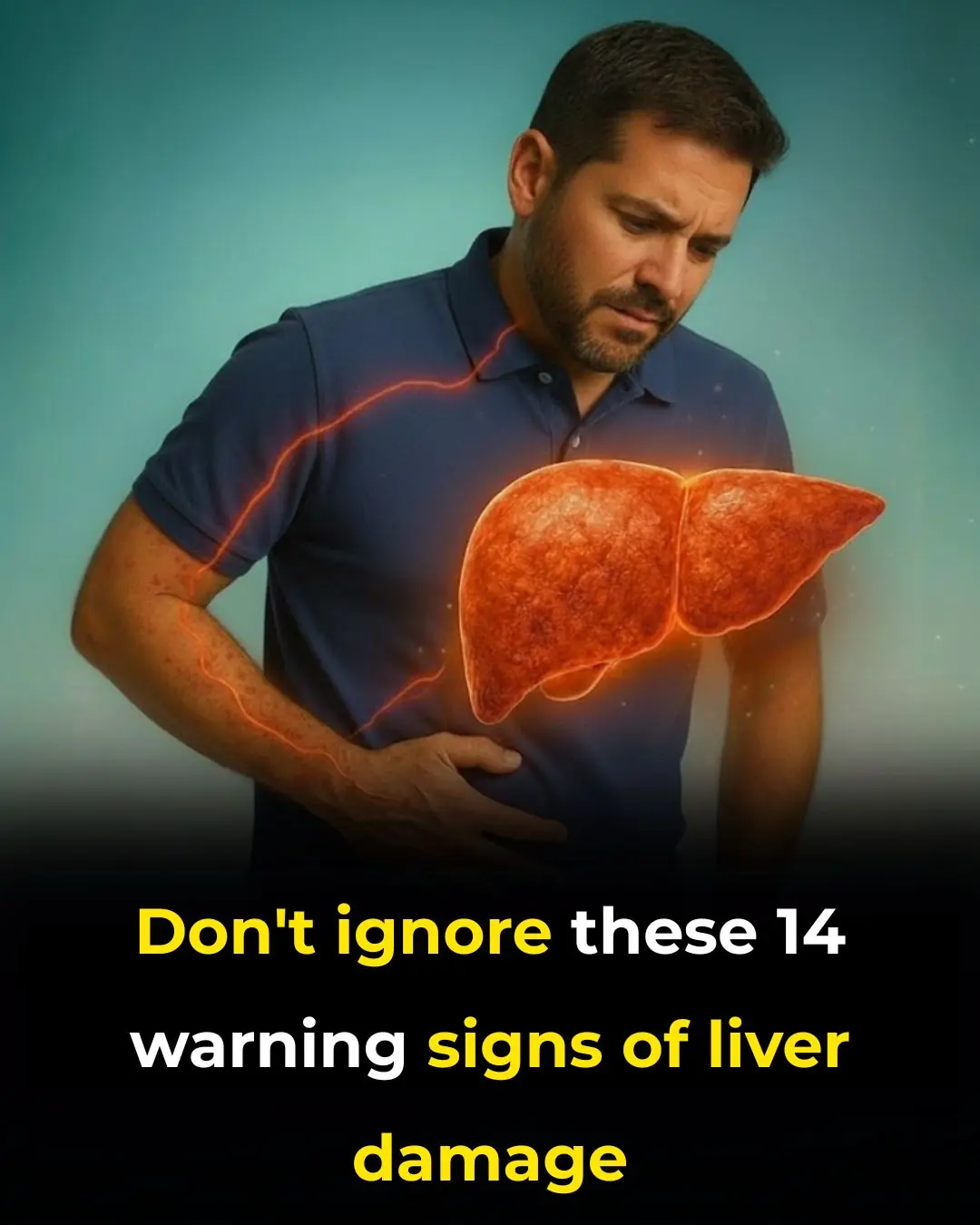
14 Symptoms of Liver Damage You Need to Know
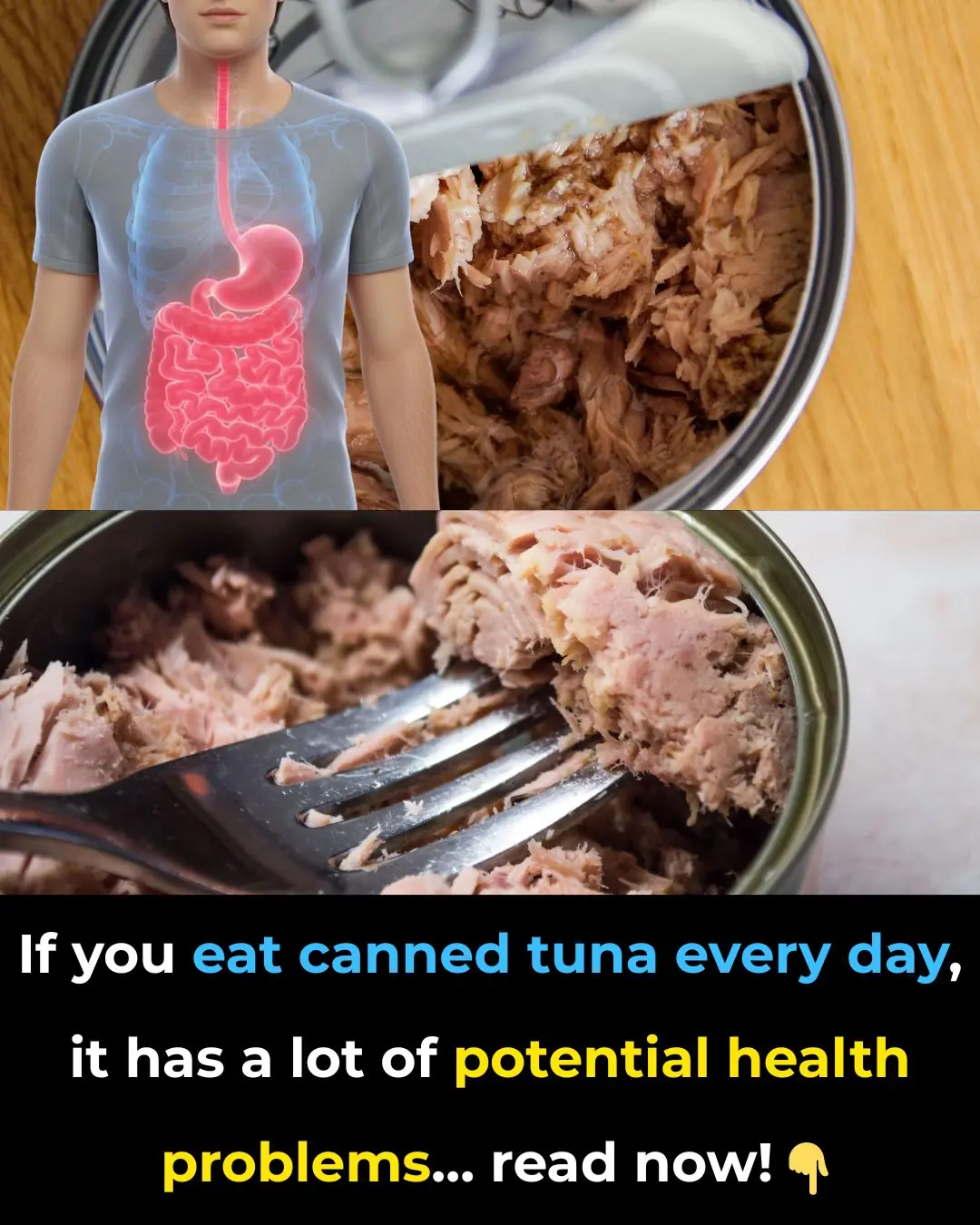
This Is What Happens to Your Body If You Eat Canned Tuna Every Day
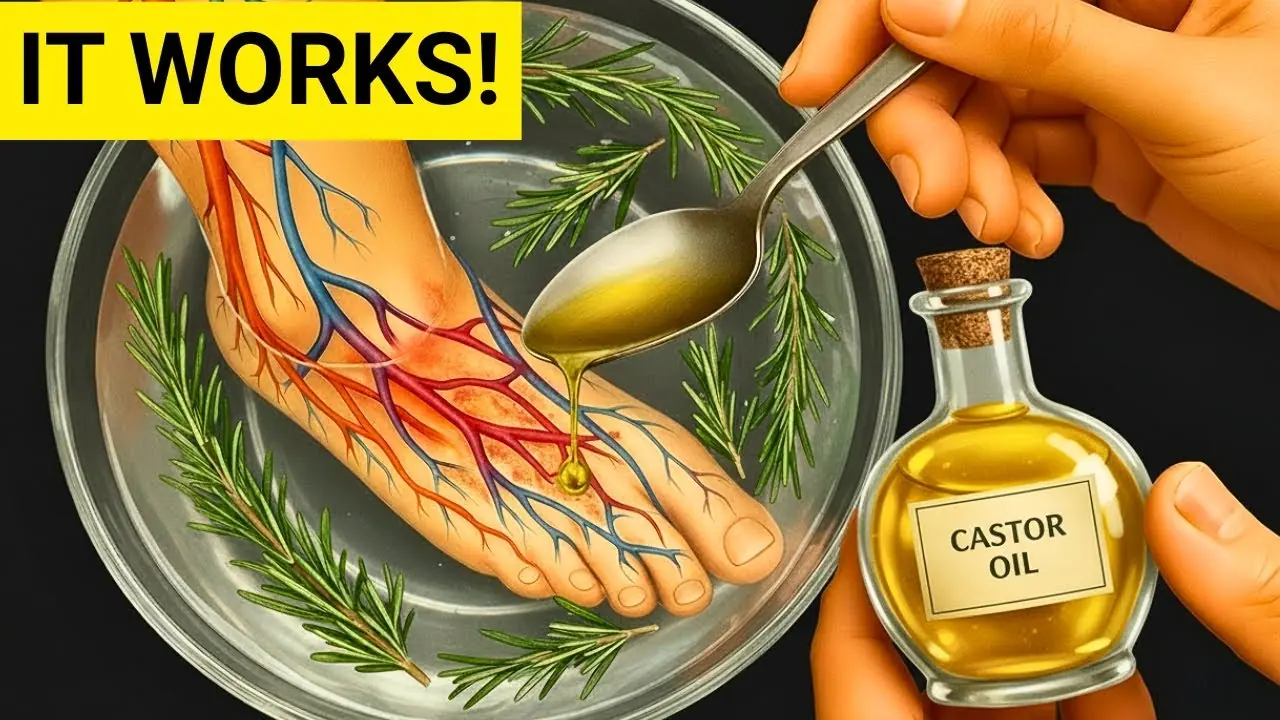
Mix Castor Oil and Rosemary — The 7-Day Results Will Surprise You

This Is What Happens to Your Body the Day You Stop Eating Bread
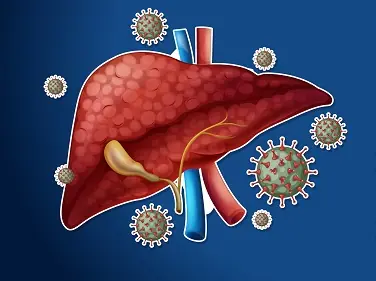
14 Symptoms of Liver Damage You Need to Know
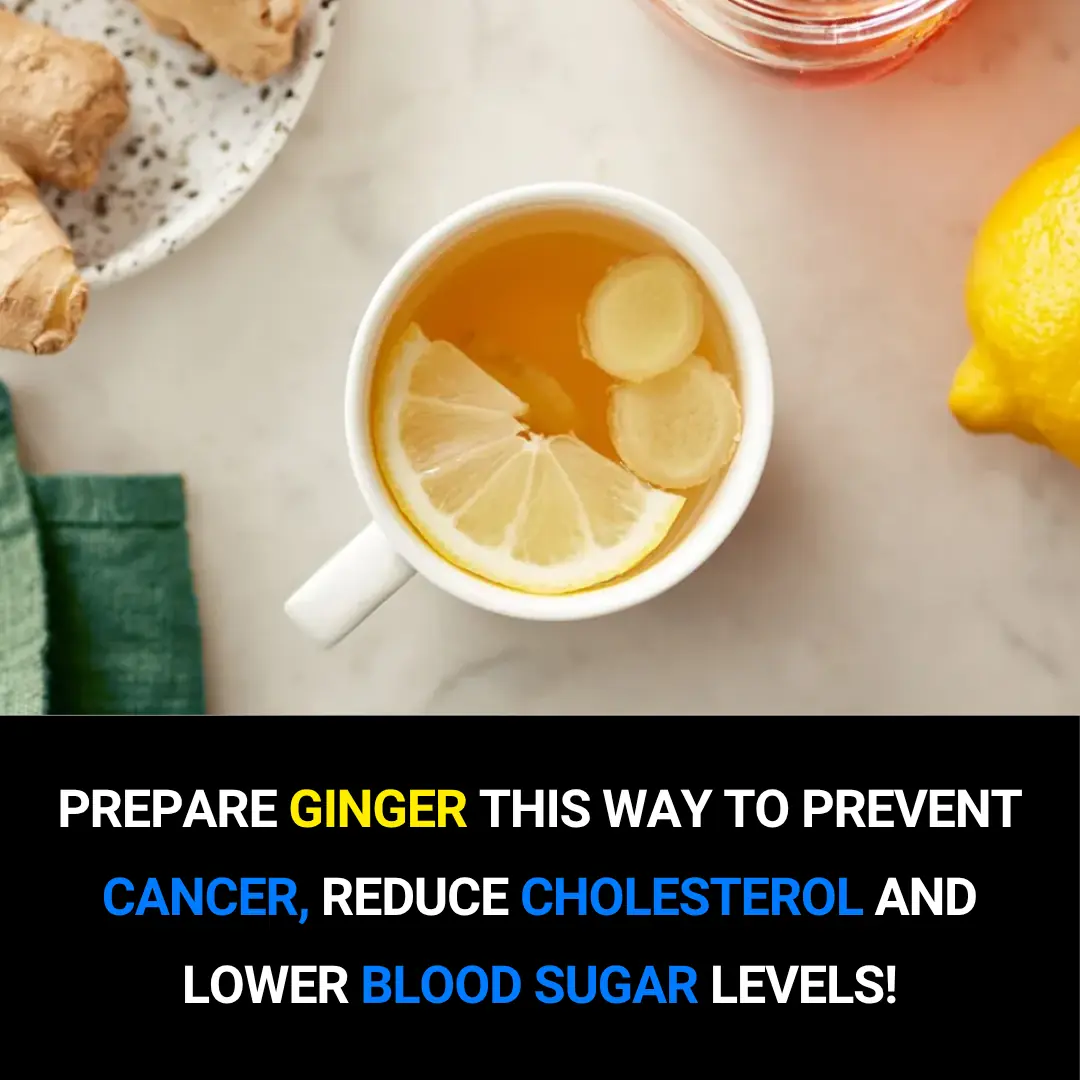
Prepare Ginger This Way to Prevent Cancer, Reduce Cholesterol, and Lower Blood Sugar Levels

How to effectively cleanse your lungs in just 72 hours

Scientists find a berry that can combat cancer, diabetes, and obesity

Doctors reveal that consuming pumpkin causes in...

🚨 The Silent Danger: Early Signs and Prevention of Colorectal Cancer

The shocking truth about blocked arteries—it’s NOT just fatty foods!

Boil bananas before bed, drink the liquid and you will not believe what happens to your sleep
News Post

Vertical Nail Ridges? Here’s What Causes Them — and How to Fix It

The Unseen Heroes: A Rescue Dog's Loyalty That Saved My Life

Barrett’s Miracle: A Journey of Faith, Strength, and Prayer

A Farewell to a Friend and His Passion for Music

Top 5 Nutrients to Reduce Swelling in Feet and Legs

A Rare Encounter: The Moment a Mountain Lion Meets a Baby

Stray Cats Bring a Bitcoin Mine to a Standstill — And Melt Hearts in the Process

If you sleep with socks on, see what happens

Each Tooth Is Connected to an Organ in the Body – How Tooth Pain May Reveal Hidden Health Problems

Dominika’s Fight for a Childhood Without Pain

Why There's A Growing Trend Of Straight Men Dating Trans Women

Michalinka’s Fight for Life: A Tiny Body, a Giant Spirit

A Miracle in the Making: Baby Harlan’s Fight for Life

From Tragedy to Triumph: The Unbreakable Spirit of Janey Carter

A Battle of the Wild: The Confrontation Between a Raging Elephant and a Baby Hippo

7 Heart-Healing Foods Your Cardiologist Won’t Tell You About

Never Clean Your Light Switch with Water: Here’s a Trick to Make It Spotless

Bad Habits After Doing Laundry That Can Make Your Whole Family Sick! Many People Overlook This Detail

Don’t Throw Away Your Used Balm Jar – Here’s a Super Useful Way to Reuse It That Every Family Needs
